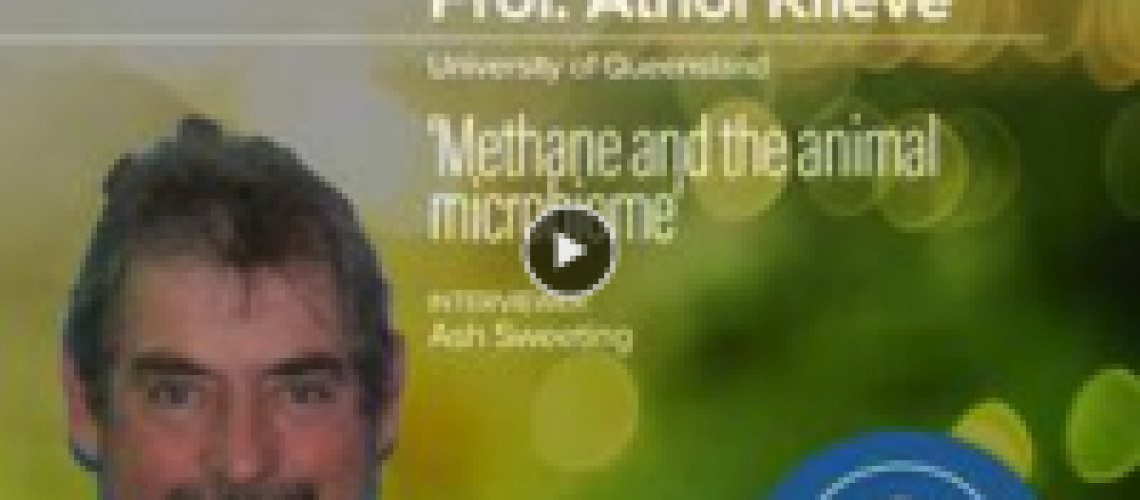Ash Sweeting in conversation with Prof Athol Klieve – University of Queensland
Could nature provide a map to greatly reduce the climate impact of animal agriculture. Dr Athol Klieve has spent his career researching the microbiome of ruminants and kangaroos and why ruminants produce methane and kangaroos do not. In our conversation Athol also explains how there are no identifiable patterns in nature as to why a particular species produces methane or does not produce methane and that with us humans, some of us produce methane and some of us don’t. The exciting thing is that the current situation is not fixed, things can be changed.
Athol also delves deeply into the complex community structures within the microbiome, how microorganisms cooperate with each other, how they compete, how they protect or sabotage other microbes and, how they communicate or talk to each other. He also discussed the adaptability of microbes to change their metabolism and even genetic pathways under different conditions. The ultimate focus of Athol’s research has been how to better understand these complex ecosystems to improve animal agriculture and drastically reduce livestock methane emissions.
Athol is scientific advisor at ProAgni and ProAgni is commercialising probiotics that have come from Athol’s research.
I recently caught up with Athol to hear more about his work.

